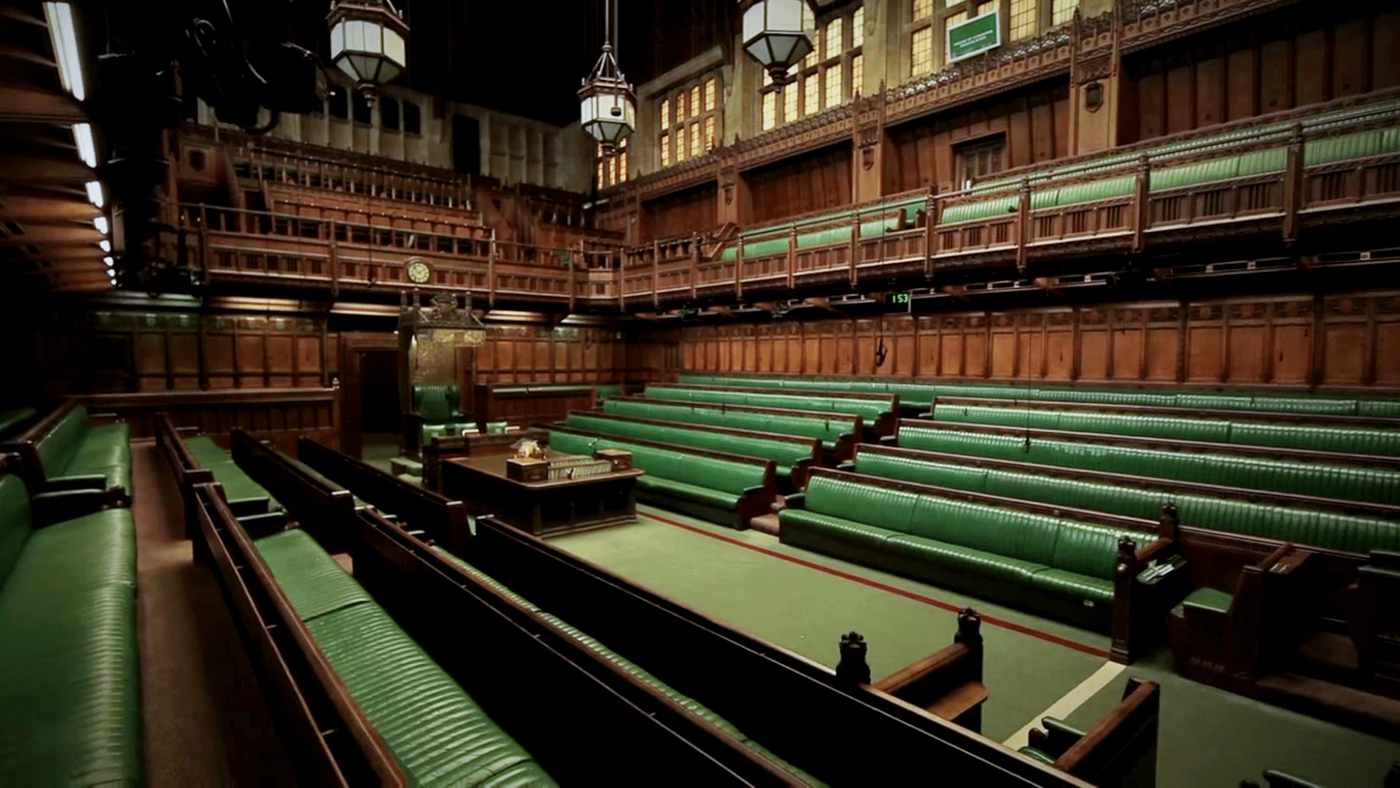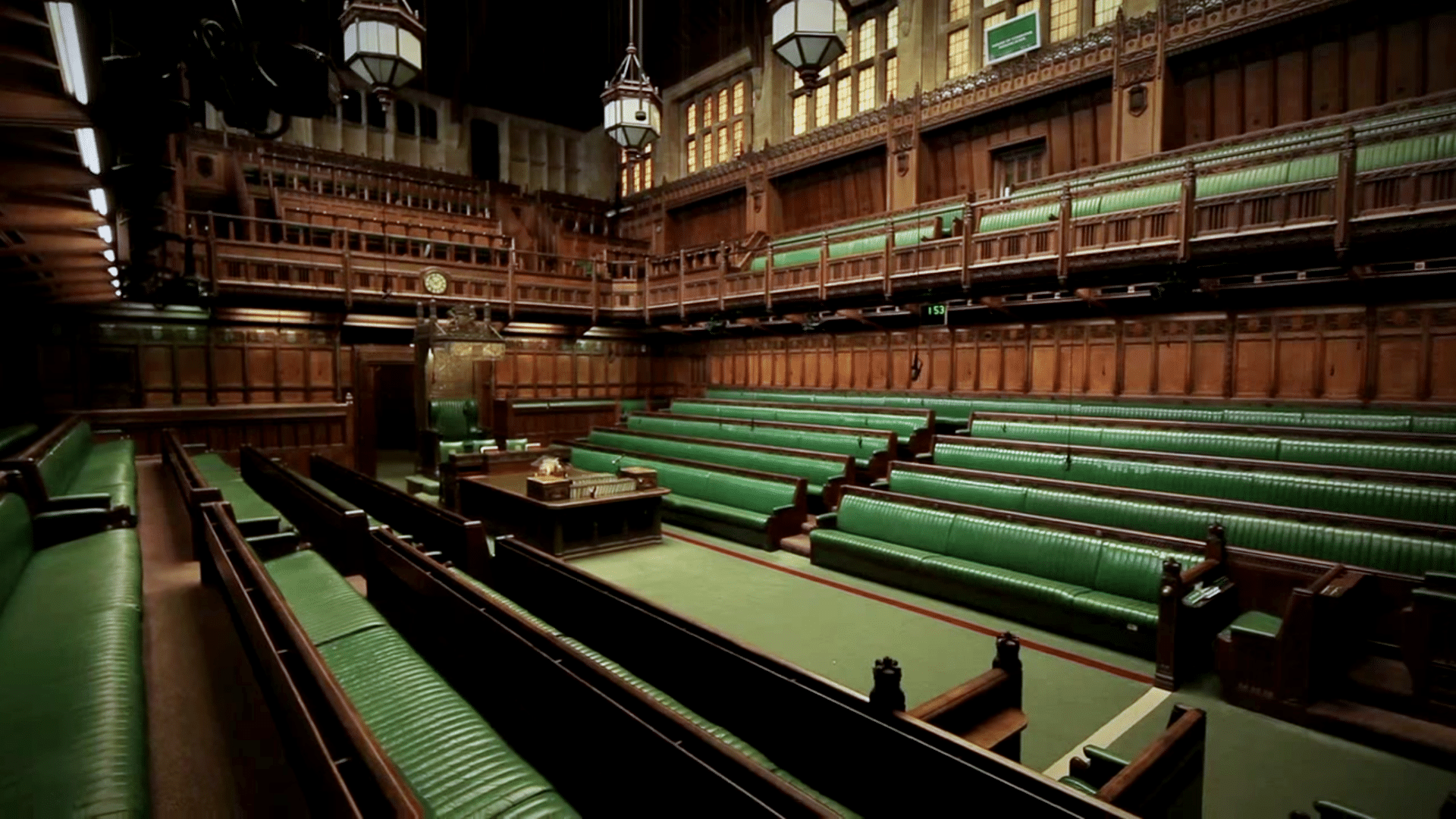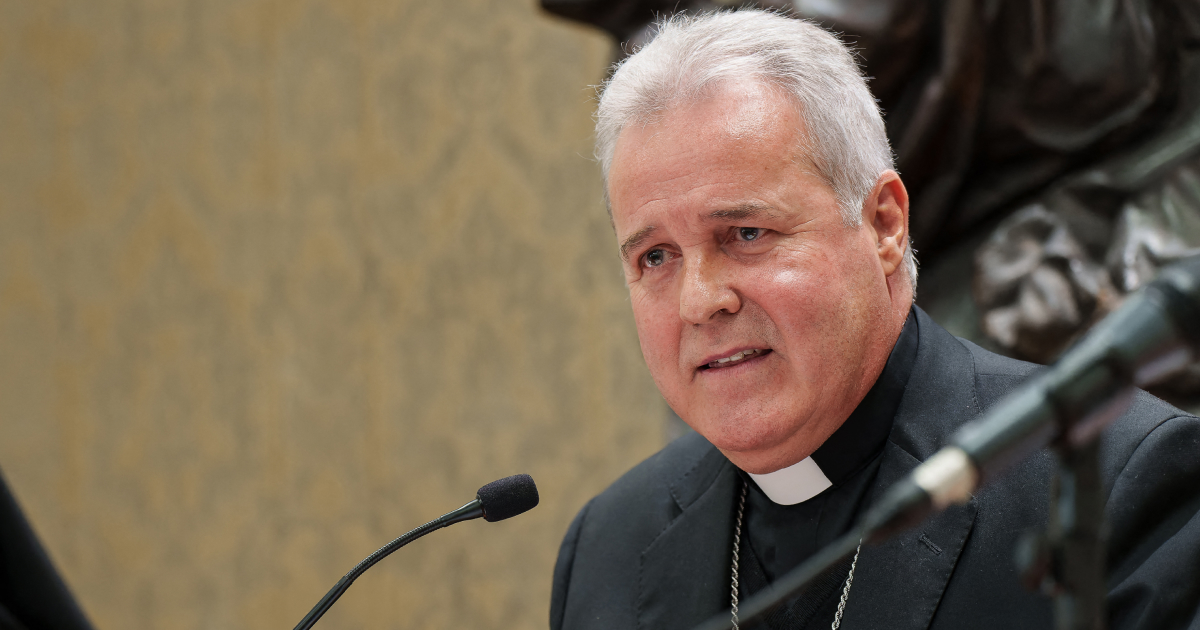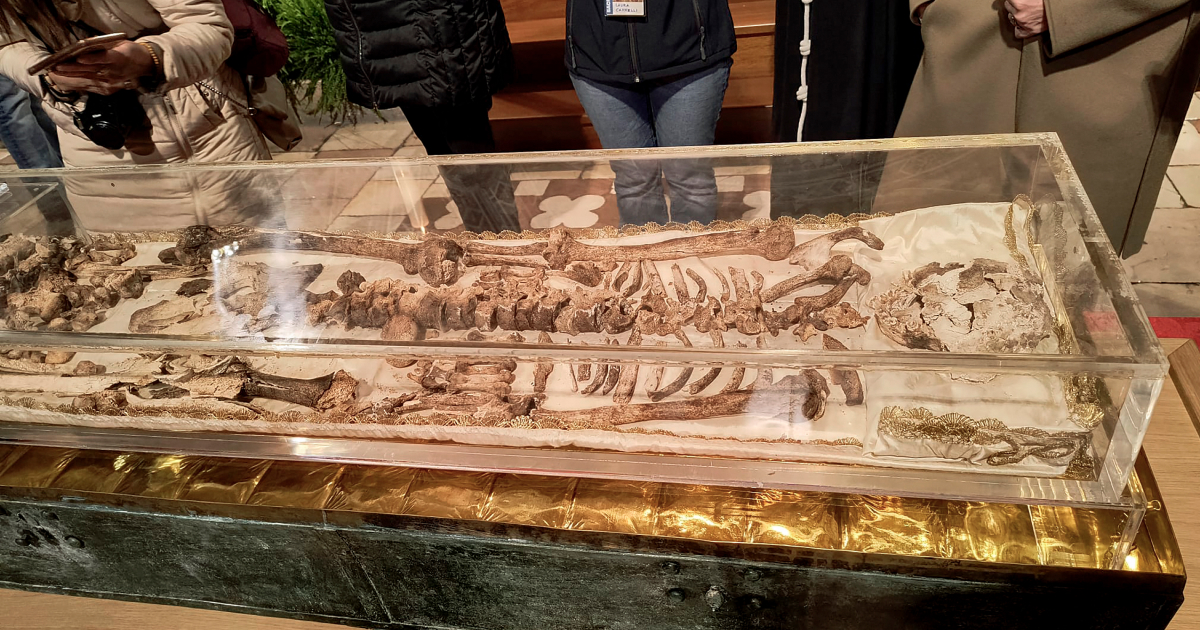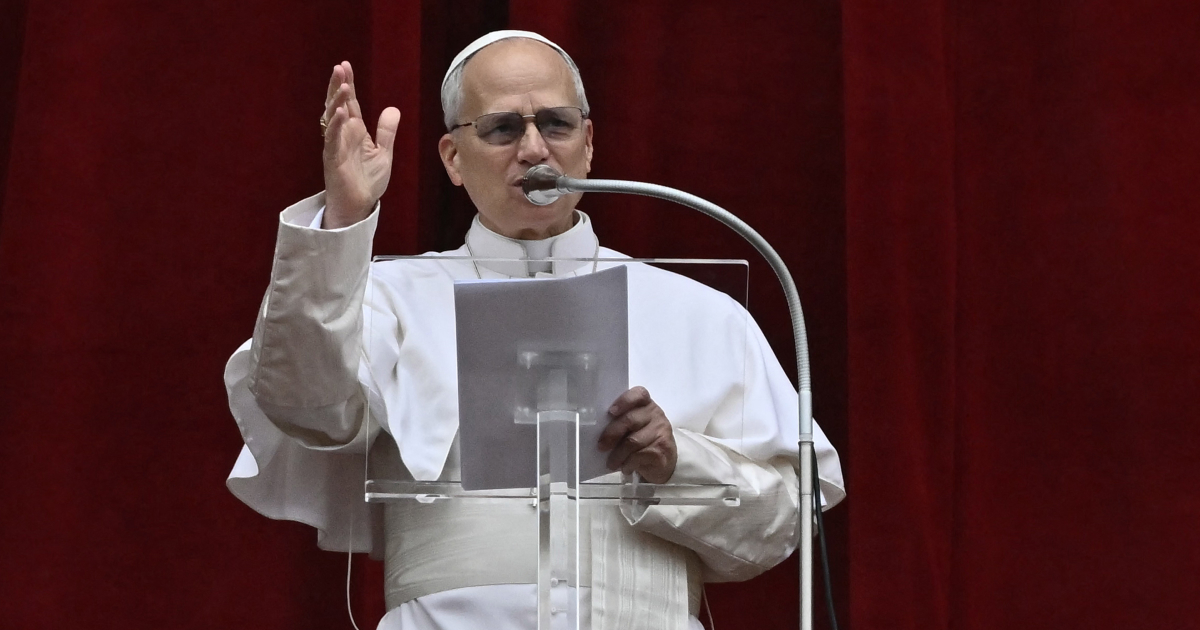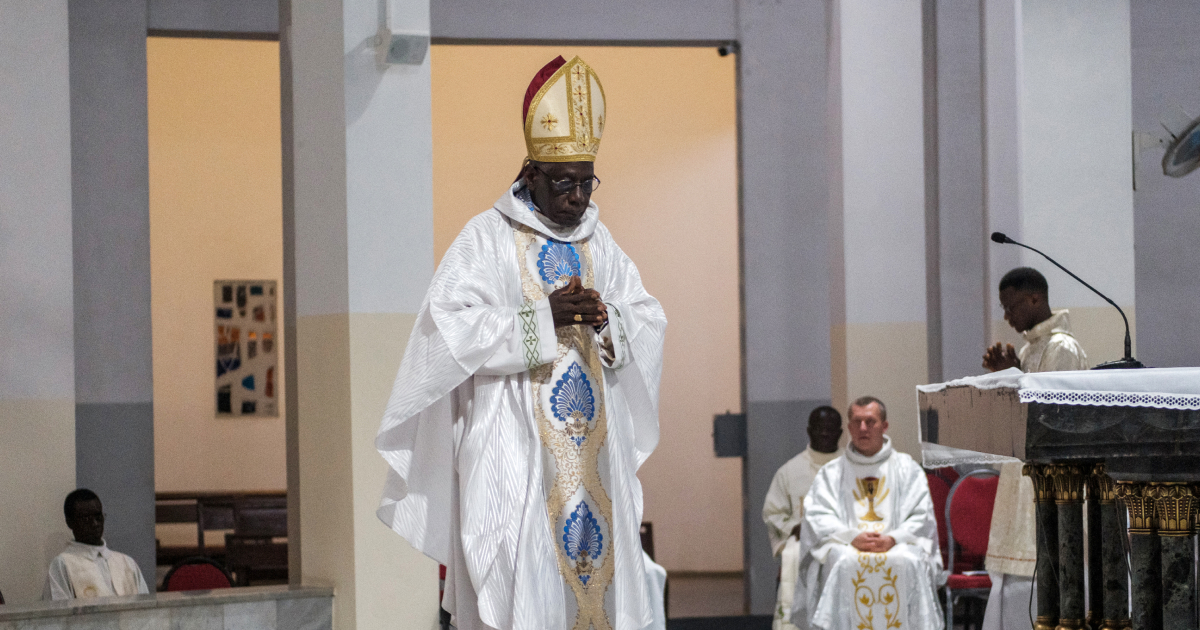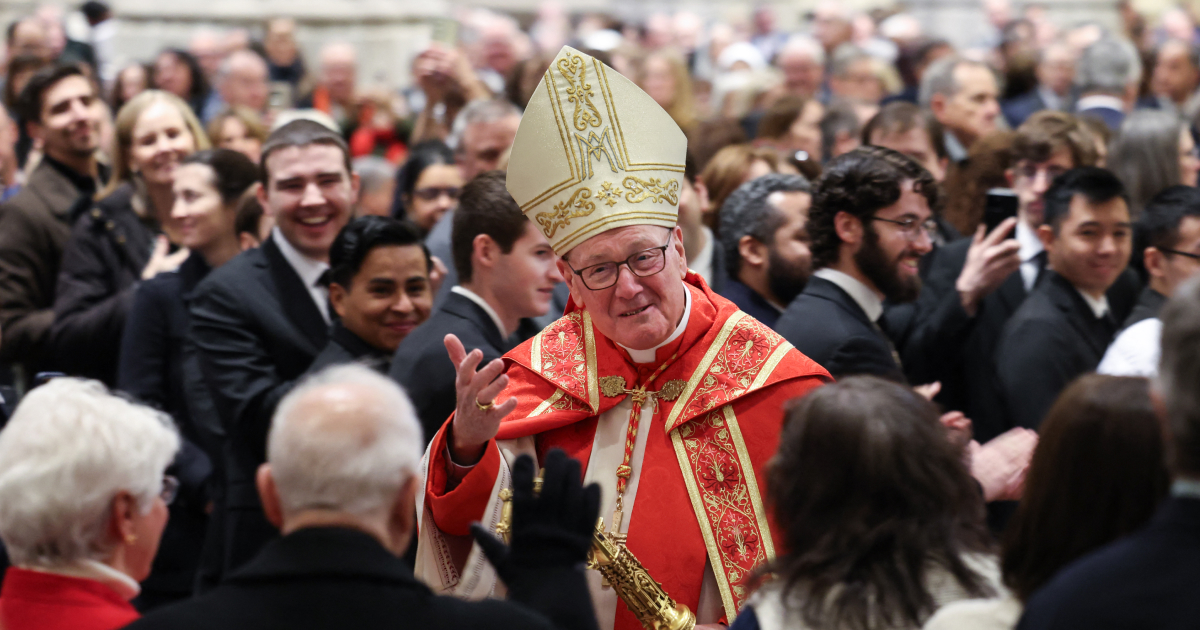Relations between the Catholic Church and the British state have always been slightly delicate. Unfortunately, last week they suffered a worrying decline as a result of over-zealous action by the latter.
Chris Coghlan, the Lib Dem MP for Dorking, is both a Catholic and a strong supporter of the assisted dying bill. Before the vote on 20 June, his priest, someone known for strict adherence to canon law, warned him that this could cause spiritual difficulty. Voting for the bill, he said, involved complicity in a “murderous act, which must always be forbidden and excluded”; it would be “a clear contravention of the Church’s teaching, which would leave me in the position of not being able to give you Holy Communion.” The man was as good as his word. Mr Coghlan voted for the bill; his priest denied him Communion, as he was entitled to do.
The reaction was explosive. Mr Coghlan denied that helping someone to end their life amounted to a “murderous act”, and said he had acted rightly and conscientiously in determining the “right thing to do out of compassion and a commitment to justice and human dignity.” He angrily reported the matter to his bishop, complaining about attempts to “coerce members of Parliament.” Kim Leadbeater, the sponsor of the bill, took up the cause. The denial of Communion, she said, was “totally unacceptable” pressure, which Mr Coghlan had been “very brave” to resist.
There is only one principled approach to all this. For all their appeals to conscience, principle and outraged sensibility, this reaction is entirely out of order. Here’s why.
To start with, we can deal quite easily with Mr Coghlan’s argument that he was not voting to connive in a murderous act, but merely to allow those in pain to be handed the means of committing suicide in the name of human dignity with the intent that they then do so. He may honestly believe this, but in terms of doctrine he is wrong. The Church’s teaching is plain on this; the attempt to sideline it is entirely disingenuous.
Furthermore, while Mr Coghlan’s view of his conscientious duty in terms of justice, human dignity or whatever is no doubt sincere, it is very difficult to square with any reputable form of Catholic doctrine. In matters of life and death especially, the Church’s moral and scriptural authority to designate right and wrong is uncompromising. It is also irreconcilable with a claim by anyone, politician or otherwise, to have a right to set up their own overriding idea of what amounts to “compassion and a commitment to justice and human dignity” and follow that in preference. You can accept one or the other: you can’t have both.
Unfortunately, it gets worse. Politically, Mr Coghlan has every right to say that his first duty as an MP is to do what is in accordance with what he understands as compassion, dignity and his constituents’ views. But the difficulty is that this view, however genuinely held, is essentially a secular idea. By complaining to the bishop that he was denied Communion for following it, he is implicitly asking the hierarchy to force priests to accept that principles such as this are just as important as the teachings of the Church, if not more so, and not to insist on the latter insofar as they are inconsistent. Jesus importantly admonished us that his kingdom was “not of this world.” No believer can in good conscience connive at any such elevation of worldly values over the sacred, or any suggestion that Church teaching should be rewritten in the light of them.
For that matter, you don’t even have to be a believer to see what is wrong – and dangerous – with the stance taken by Mr Coghlan and Kim Leadbeater on the place of religion in politics. Kim Leadbeater’s statement that “religious leaders and people of faith have every right to communicate their views to their MPs and to Parliament as a whole, but this is totally unacceptable” should frighten anyone, as should Mr Coghlan’s protests about attempts to “coerce” him. These statements are contrary to any coherent idea of freedom of conscience, under which a Church must be entitled not only to say what it thinks but to go further and, if necessary, apply its own law to its own worshippers in matters spiritual. By denying this right, they amount, put bluntly, to a blatant attempt to strong-arm the Church into meekly rendering to Caesar what is in reality God’s. They must for that reason alone be called out by Catholics here and elsewhere.
Relations between the Catholic Church and the British state have always been slightly delicate. Unfortunately, last week they suffered a worrying decline as a result of over-zealous action by the latter.
Chris Coghlan, the Lib Dem MP for Dorking, is both a Catholic and a strong supporter of the assisted dying bill. Before the vote on 20 June, his priest, someone known for strict adherence to canon law, warned him that this could cause spiritual difficulty. Voting for the bill, he said, involved complicity in a “murderous act, which must always be forbidden and excluded”; it would be “a clear contravention of the Church’s teaching, which would leave me in the position of not being able to give you Holy Communion.” The man was as good as his word. Mr Coghlan voted for the bill; his priest denied him Communion, as he was entitled to do.
The reaction was explosive. Mr Coghlan denied that helping someone to end their life amounted to a “murderous act”, and said he had acted rightly and conscientiously in determining the “right thing to do out of compassion and a commitment to justice and human dignity.” He angrily reported the matter to his bishop, complaining about attempts to “coerce members of Parliament.” Kim Leadbeater, the sponsor of the bill, took up the cause. The denial of Communion, she said, was “totally unacceptable” pressure, which Mr Coghlan had been “very brave” to resist.
There is only one principled approach to all this. For all their appeals to conscience, principle and outraged sensibility, this reaction is entirely out of order. Here’s why.
To start with, we can deal quite easily with Mr Coghlan’s argument that he was not voting to connive in a murderous act, but merely to allow those in pain to be handed the means of committing suicide in the name of human dignity with the intent that they then do so. He may honestly believe this, but in terms of doctrine he is wrong. The Church’s teaching is plain on this; the attempt to sideline it is entirely disingenuous.
Furthermore, while Mr Coghlan’s view of his conscientious duty in terms of justice, human dignity or whatever is no doubt sincere, it is very difficult to square with any reputable form of Catholic doctrine. In matters of life and death especially, the Church’s moral and scriptural authority to designate right and wrong is uncompromising. It is also irreconcilable with a claim by anyone, politician or otherwise, to have a right to set up their own overriding idea of what amounts to “compassion and a commitment to justice and human dignity” and follow that in preference. You can accept one or the other: you can’t have both.
Unfortunately, it gets worse. Politically, Mr Coghlan has every right to say that his first duty as an MP is to do what is in accordance with what he understands as compassion, dignity and his constituents’ views. But the difficulty is that this view, however genuinely held, is essentially a secular idea. By complaining to the bishop that he was denied Communion for following it, he is implicitly asking the hierarchy to force priests to accept that principles such as this are just as important as the teachings of the Church, if not more so, and not to insist on the latter insofar as they are inconsistent. Jesus importantly admonished us that his kingdom was “not of this world.” No believer can in good conscience connive at any such elevation of worldly values over the sacred, or any suggestion that Church teaching should be rewritten in the light of them.
For that matter, you don’t even have to be a believer to see what is wrong – and dangerous – with the stance taken by Mr Coghlan and Kim Leadbeater on the place of religion in politics. Kim Leadbeater’s statement that “religious leaders and people of faith have every right to communicate their views to their MPs and to Parliament as a whole, but this is totally unacceptable” should frighten anyone, as should Mr Coghlan’s protests about attempts to “coerce” him. These statements are contrary to any coherent idea of freedom of conscience, under which a Church must be entitled not only to say what it thinks but to go further and, if necessary, apply its own law to its own worshippers in matters spiritual. By denying this right, they amount, put bluntly, to a blatant attempt to strong-arm the Church into meekly rendering to Caesar what is in reality God’s. They must for that reason alone be called out by Catholics here and elsewhere.





